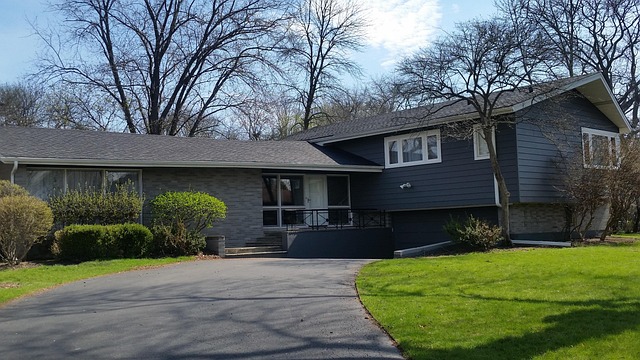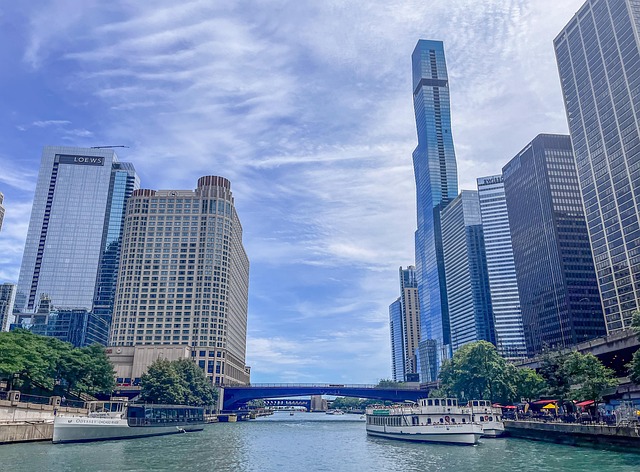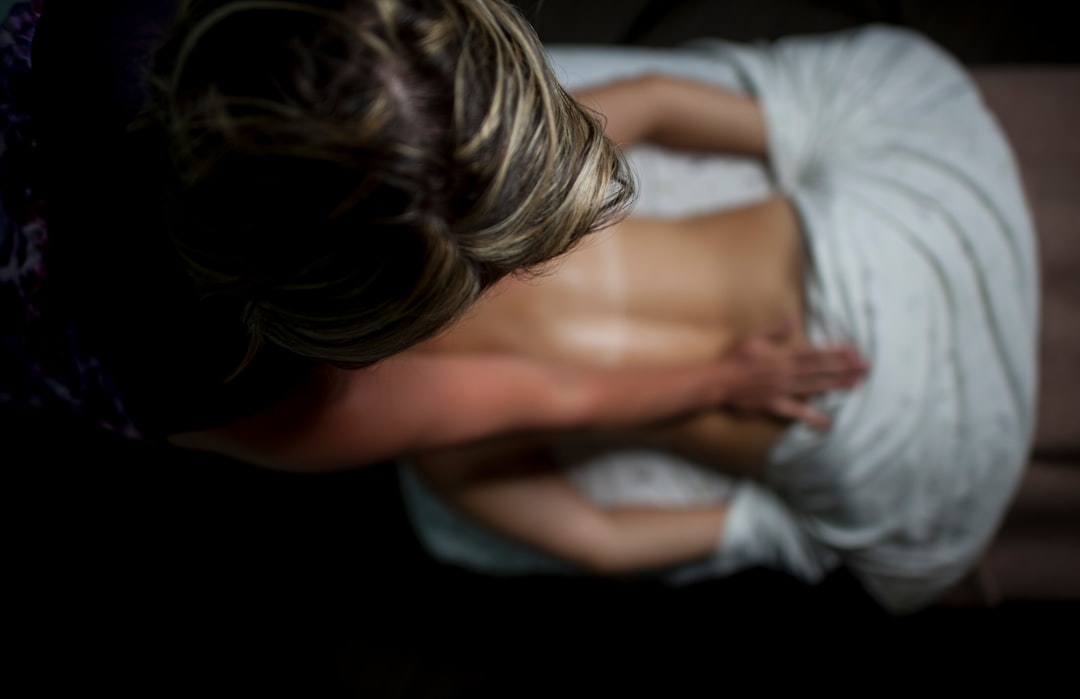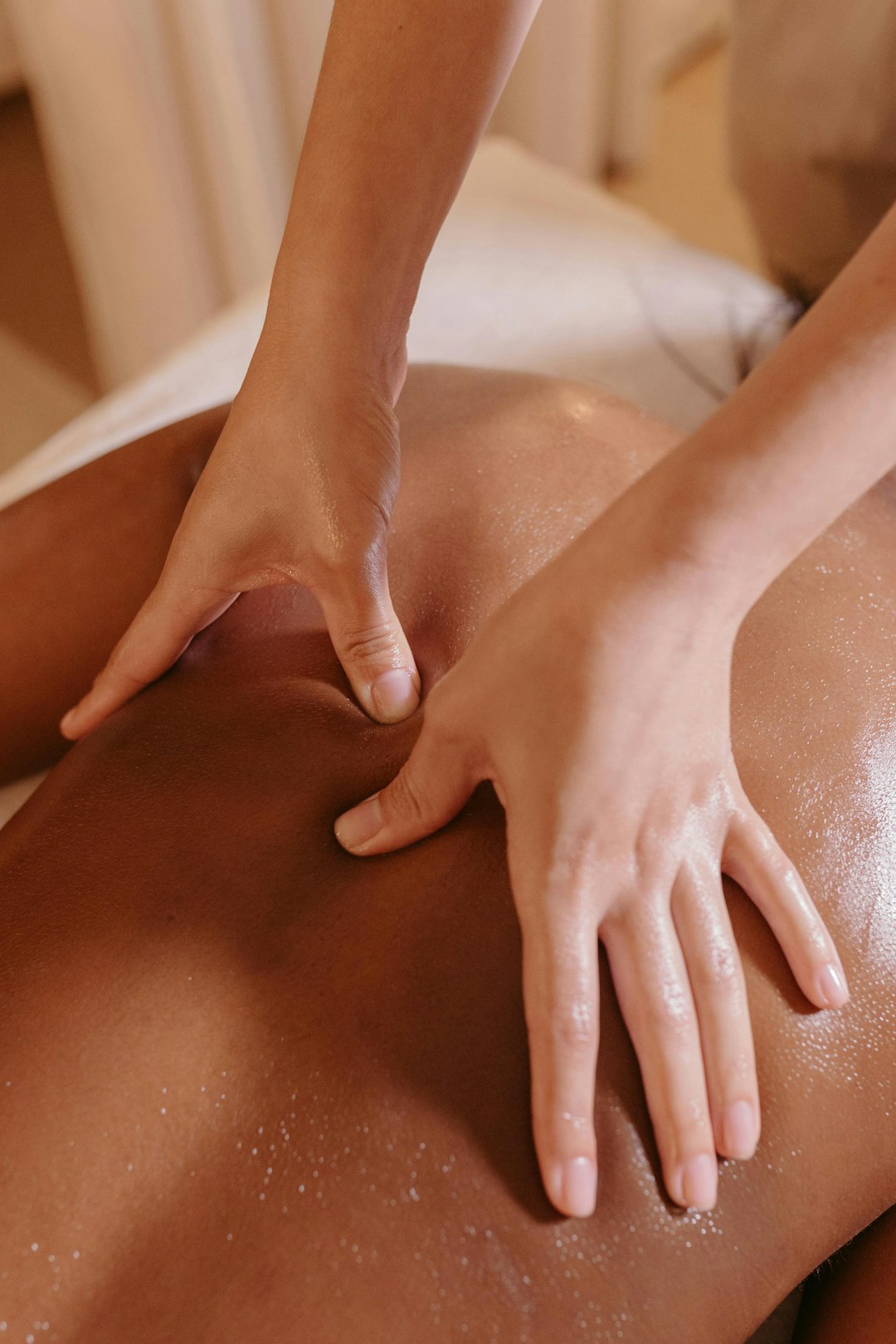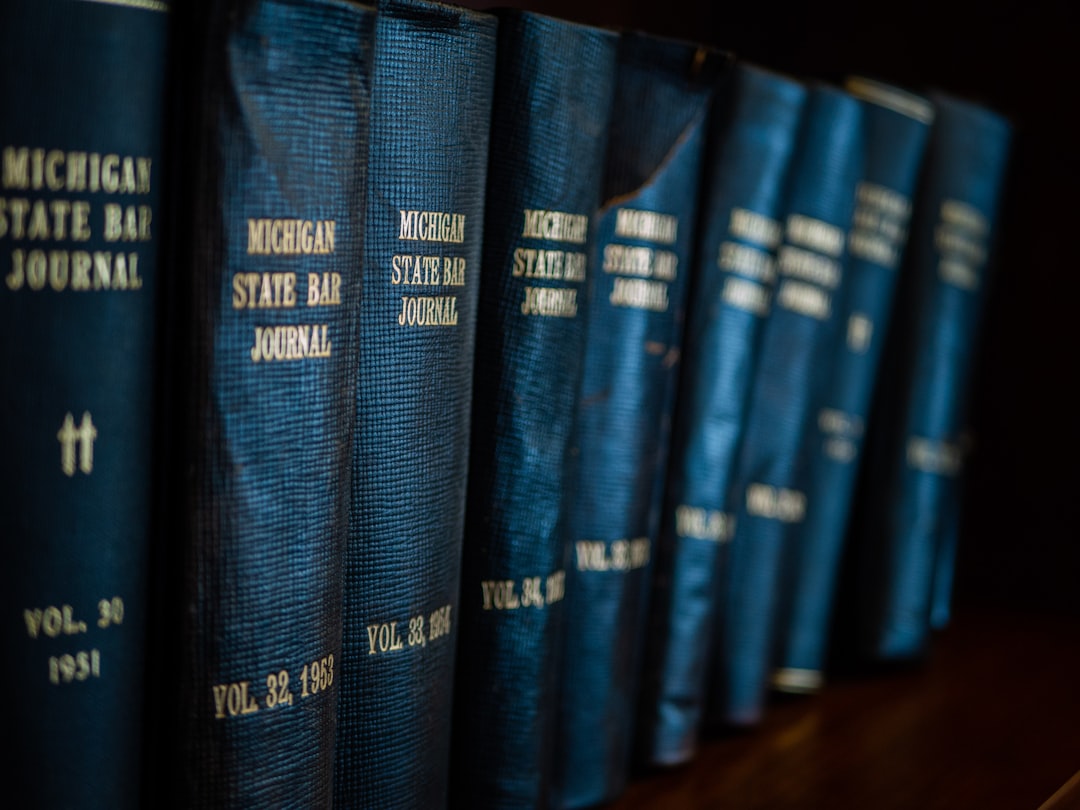Racial disparities in sexual assault cases are a significant concern in Chicago and nationwide, with people of color often facing systemic barriers. Rape lawyers in Chicago IL advocate for their clients' rights, challenge stereotypes, and ensure fair treatment, aiming to reform practices and create an inclusive legal environment. Statistical analysis reveals varying conviction rates based on racial backgrounds, highlighting the need for nuanced examination and advocacy. Skilled rape lawyers combat implicit biases in jury decisions and sentencing, offering comprehensive evidence and advocating for unbiased judgments. Encouraging diversity among legal teams and community engagement programs, along with strategic litigation and policy reforms, is vital to addressing racial inequities in Chicago's court system. Specialized legal aid ensures survivors have access to skilled representation, while data-driven evidence drives legislative changes towards fairness.
In Chicago, as in many cities across the US, sexual assault cases often reveal stark racial disparities. This article delves into the complex interplay between race and justice within Chicago’s court system. We explore how racial biases impact prosecution rates, conviction margins, and sentencing decisions, specifically for Black and Hispanic victims. By presenting a comprehensive analysis of statistical trends and legal perspectives, we advocate for strategies to address these inequities, aiming to improve outcomes for all rape survivors and ensure fair representation in Chicago’s courts. Seek expert guidance from a dedicated rape lawyer in Chicago, IL, for justice and healing.
Understanding the Disparities: Exploring Racial Bias in Sexual Assault Prosecutions

In Chicago and across the nation, statistics reveal stark disparities in how racial minorities are treated in sexual assault cases. This phenomenon is a cause for grave concern, prompting a deeper exploration into potential biases within the legal system. Studies have consistently shown that people of color, particularly African Americans and Latinos, face systemic barriers when reporting and pursuing justice for sexual assaults. The issue is multifaceted, involving societal perceptions, police handling of reports, and even jury decisions. For instance, research indicates that victims from minority backgrounds are less likely to be believed and more apt to encounter skepticism from law enforcement officials.
Rape lawyers in Chicago IL play a crucial role in addressing these disparities by advocating for their clients’ rights and ensuring fair treatments. They work tirelessly to challenge stereotypes and biases that may influence the legal process, ultimately striving for justice and equality under the law. By examining racial biases in sexual assault prosecutions, there’s a chance to reform practices, increase accountability, and create a more inclusive and supportive legal environment for all victims, regardless of their race or ethnicity.
Statistical Analysis: Uncovering Patterns of Race and Conviction Rates

In the context of understanding the impact of race on sexual assault cases in Chicago courts, statistical analysis plays a pivotal role. By examining data from past cases, researchers have been able to uncover significant patterns revealing disparities in conviction rates based on the racial backgrounds of both victims and suspects. This analysis often uncovers stark contrasts, with certain racial groups facing higher barriers to justice. For instance, studies show that individuals identified as Black or African American are disproportionately represented among those acquitted of rape charges compared to their share of the population. These findings underscore the need for more nuanced examination of systemic issues within the criminal justice system, specifically in Chicago courts.
Rape lawyers in Chicago IL have been at the forefront of advocating for these disparities, using statistical evidence to challenge unfair practices and promote equitable outcomes. They work tirelessly to ensure that every victim receives a fair trial, regardless of their race or ethnicity. By understanding the patterns revealed through data, legal professionals can develop strategies to address biases and improve conviction rates, ultimately fostering a more just and inclusive legal system for all Chicago residents.
Legal Perspectives: The Role of Race in Jury Decisions and Sentencing

In Chicago courts, the legal perspective on race and its impact on sexual assault cases is a complex issue that requires careful consideration. Studies have shown that racial biases can influence jury decisions and sentencing, potentially leading to disparities in outcomes for defendants charged with rape. A rape lawyer in Chicago IL often navigates these challenges by presenting robust evidence, challenging witness testimonies, and highlighting the importance of unbiased judgment.
Jurors’ perceptions of race can unconsciously shape their interpretations of evidence, which may result in harsher penalties for individuals from marginalized racial groups. To counter this, defense attorneys play a crucial role in raising awareness about implicit biases and ensuring that the court proceedings are fair. They advocate for equal treatment under the law, emphasizing that every defendant deserves a impartial assessment, regardless of their race or ethnicity.
Advocating for Change: Strategies to Address Racial Inequities in Chicago's Court System

In the pursuit of justice, advocating for change is paramount to address racial inequities prevalent in Chicago’s court system. One significant step is to increase accessibility and representation by fostering diverse legal teams. Encouraging individuals from marginalized communities to pursue legal careers ensures a range of perspectives during trials, challenging stereotypes and biases that often influence outcomes. Moreover, community engagement programs can educate and empower survivors of sexual assault, especially within racial minorities, to come forward and seek justice. Providing legal aid specifically for rape lawyer Chicago IL is crucial; these services offer much-needed support, ensuring survivors have access to skilled representation.
Strategic litigation and policy reforms are powerful tools. Legal experts can challenge discriminatory practices by examining existing court data to identify patterns and disparities. By presenting concrete evidence of racial biases, they can drive legislative changes that promote fairness. Additionally, public awareness campaigns can highlight the impact of systemic racism on sexual assault cases, encouraging dialogue and pushing for reforms that benefit all Chicago residents, regardless of their race or ethnicity.

